Stop Doing These 10 Things That Are Making Your Home Smell Bad

A clean, fresh-smelling home creates an inviting atmosphere that lifts your mood and makes a great impression on visitors. But even if you keep things tidy, certain habits could be filling your home with unpleasant odors. From overlooked cleaning tasks to poor ventilation, a range of everyday behaviors may be silently sabotaging your efforts. If your house does not smell quite right, it might be time to make some simple but powerful changes. Here are 10 common things you should stop doing immediately if you want your home to smell clean, pleasant, and welcoming every day.
1. Neglecting to Clean the Garbage Disposal
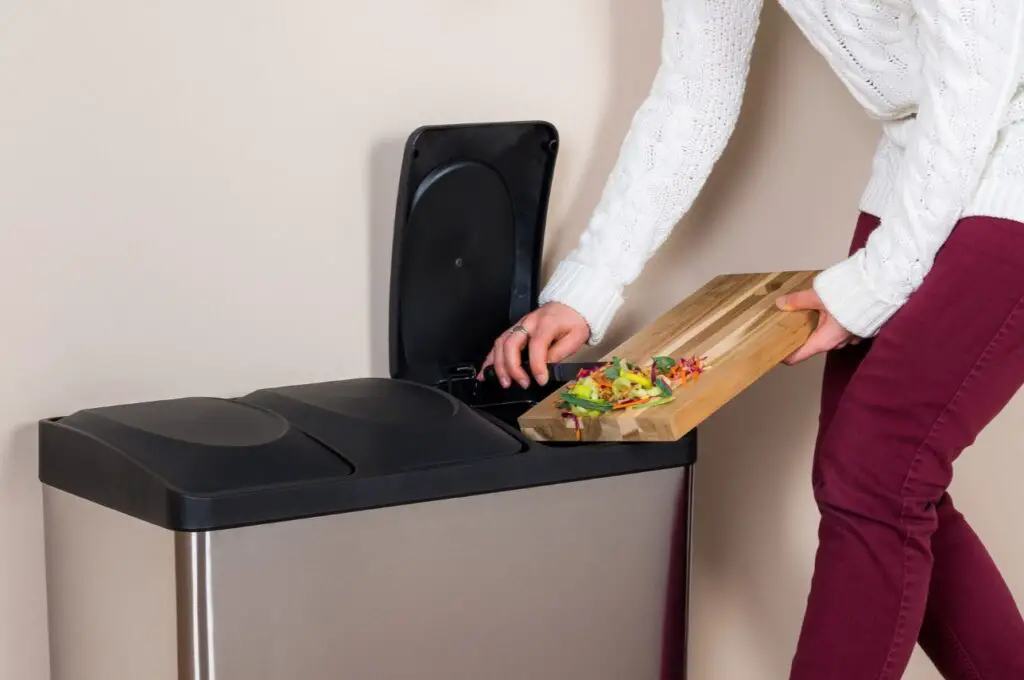
Garbage disposals can be one of the biggest hidden contributors to foul kitchen odors. When food particles get trapped in the disposal, they quickly begin to decay, emitting a strong sour or rotting smell. Even if you run water through it after use, that is not enough to clean the buildup lurking in the crevices. To keep it smelling fresh, grind up a handful of ice cubes with lemon or orange peels weekly. You can also pour a mix of baking soda and vinegar down the drain and let it sit for 15 minutes before flushing it with hot water. Avoid letting this often-ignored area sabotage your efforts to keep your kitchen smelling fresh.
2. Letting Laundry Pile Up
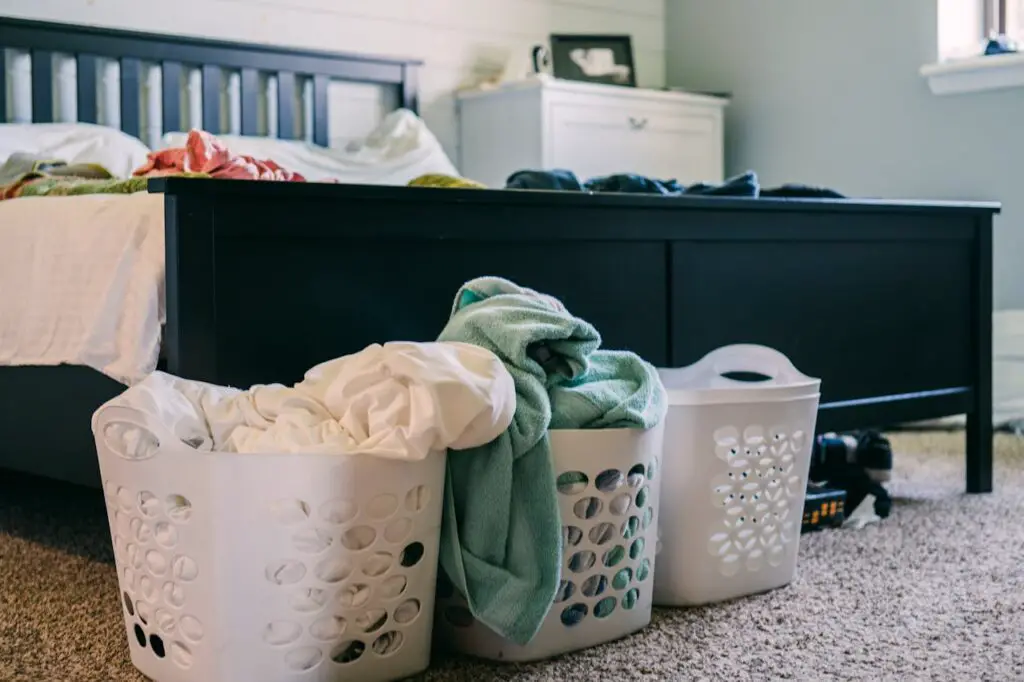
Dirty clothes do more than just create clutter. When you let laundry sit in the hamper too long—especially sweaty gym wear, damp towels, or clothes with spills—odors begin to develop and spread. Damp items can even foster mold and mildew, leading to that unmistakable musty scent that lingers long after the laundry is done. Avoid these issues by doing laundry frequently and never leaving damp items in a pile. Using a breathable laundry basket and placing a small deodorizing sachet at the bottom can help control smells in between washes. Laundry should be part of your regular routine, not something that gets ignored until it becomes unbearable.
3. Forgetting to Empty the Trash Regularly
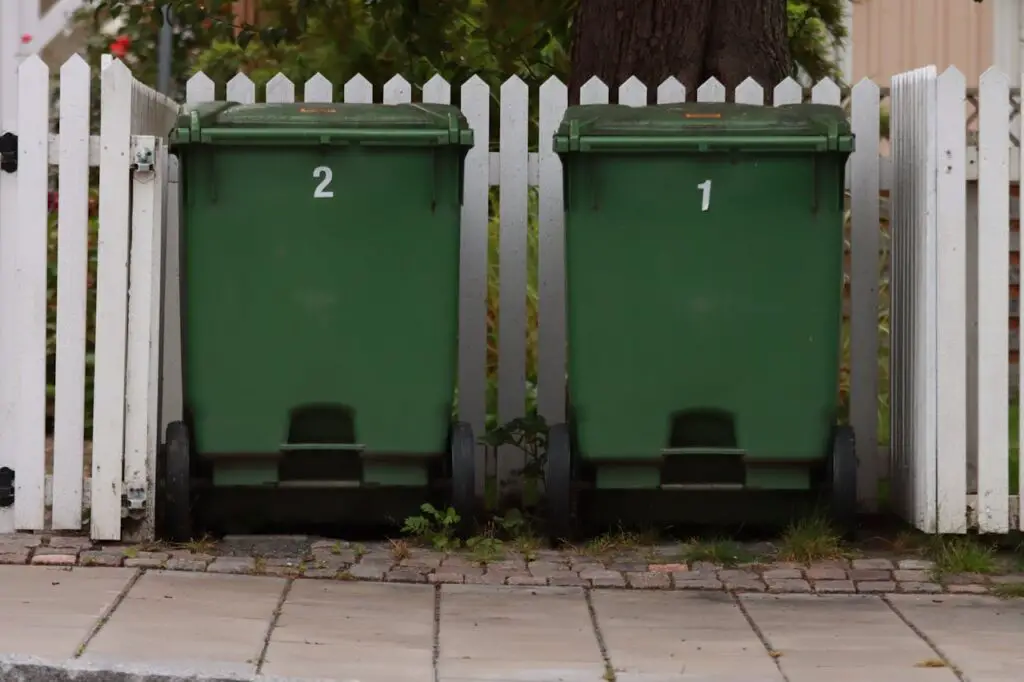
Even if your trash can is only half full, it can quickly start to emit odors when food scraps or other organic materials are inside. Meat wrappers, fruit peels, eggshells, and coffee grounds begin to decompose within hours and can fill the kitchen with an overpowering scent. Waiting too long to empty the bin allows odors to settle into the room and even the walls. Make it a habit to take out the kitchen trash daily, especially during warmer months when smells intensify. To stay ahead of the issue, line the bottom of your trash can with baking soda to absorb odors and wash the can with soap and hot water weekly.
4. Ignoring the Litter Box
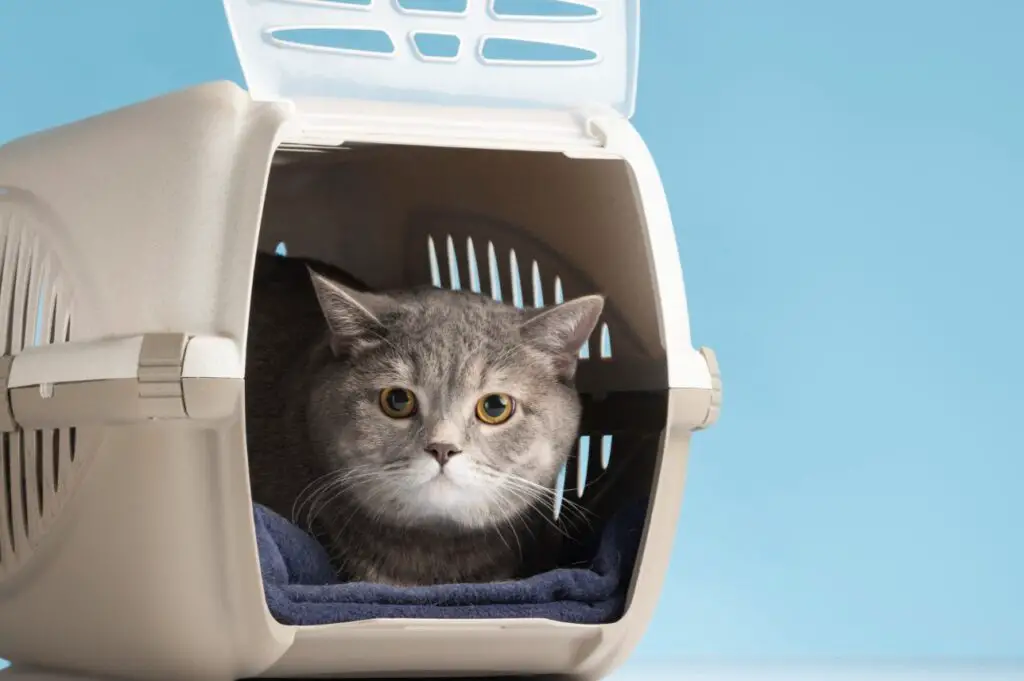
If you have cats, a poorly maintained litter box can easily be the reason your home smells unpleasant. Skipping daily scooping, using low-quality litter, or neglecting to clean the box itself can cause waste odors to drift through your entire home. Even if the box is tucked away in a hidden corner, the smell will find its way out if not managed properly. Scoop the litter at least once a day, do a full litter change every week, and scrub the box with unscented soap and warm water. You can also try placing a small bowl of baking soda nearby to help neutralize odors naturally.
5. Skipping Carpet and Upholstery Cleaning
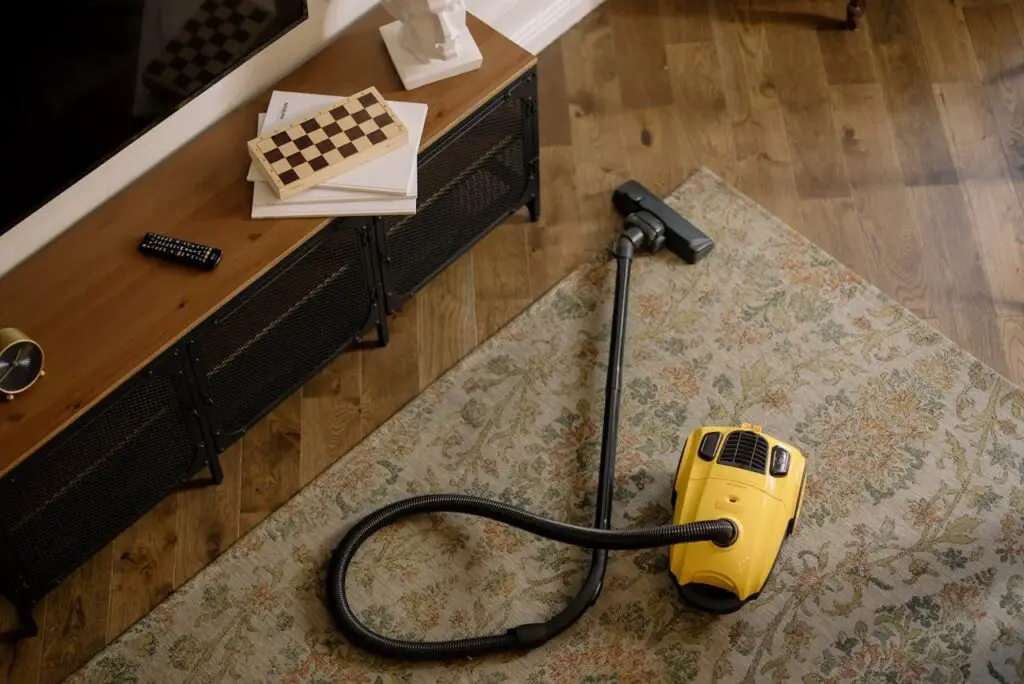
Carpeted floors and upholstered furniture act like sponges for odors. They trap everything from pet smells and cigarette smoke to food spills and body odors. Regular vacuuming helps reduce surface-level dirt, but it does not remove deep-seated smells. If your living space always seems to have a stale or slightly sour scent, the carpets or couch might be the source. Schedule a deep cleaning at least once a year, either by renting a steam cleaner or hiring a professional. In between, sprinkle baking soda over carpets before vacuuming to neutralize everyday smells. Keeping these surfaces clean makes a huge difference in how your entire home smells.
6. Not Changing Air Filters

Dirty air filters in your heating or cooling system can spread dust, allergens, and unpleasant odors throughout your home. When filters become clogged, they lose their ability to trap particles and instead circulate musty, unclean air. If your home smells stale despite regular cleaning, the HVAC system might be blowing hidden odors into every room. Change your air filters every one to three months depending on usage and always follow the manufacturer’s guidelines. Upgrading to a high-efficiency filter can also help capture odor-causing particles. Maintaining clean air circulation is essential to keeping your home smelling fresh and healthy.
7. Overusing Scented Products to Mask Odors
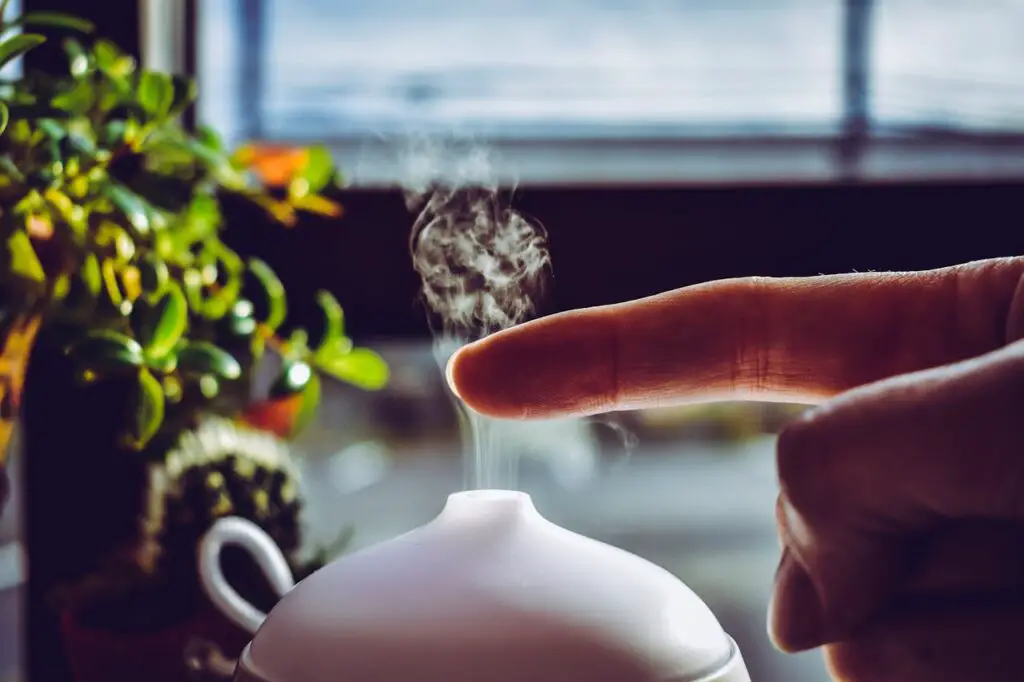
Relying on air fresheners, candles, and sprays to cover up smells can actually make things worse. When you layer strong artificial fragrances over lingering bad odors, the result is often a confusing and overwhelming mix that fails to solve the problem. This masking approach does nothing to address the real source of the smell, whether it is mold, garbage, or spoiled food. Instead of masking odors, focus on eliminating them at the source. Use natural deodorizers like white vinegar in the kitchen, activated charcoal in closets, and essential oils in a diffuser. Clean first, then freshen, so your home smells naturally good instead of artificially perfumed.
8. Letting Dishes Sit in the Sink
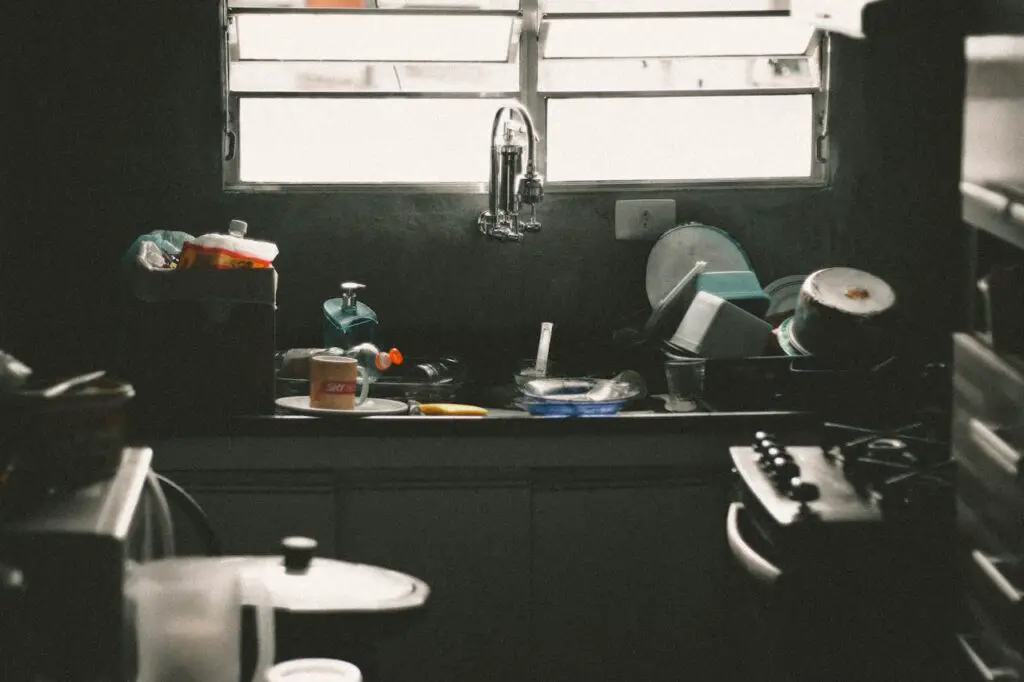
Leaving dirty dishes in the sink overnight is a guaranteed way to invite unpleasant smells into your kitchen. Food scraps, grease, and dirty water combine to create a lingering odor that intensifies as the hours pass. Even just a few unwashed dishes can start to smell bad surprisingly fast. Make it a habit to rinse and load the dishwasher right after eating, or hand wash dishes as you go. Pay attention to sink strainers and dish sponges too—both can harbor bacteria and mildew. Keeping your sink clean and dry goes a long way toward eliminating bad smells in one of the most frequently used rooms of your home.
9. Neglecting Bathroom Ventilation
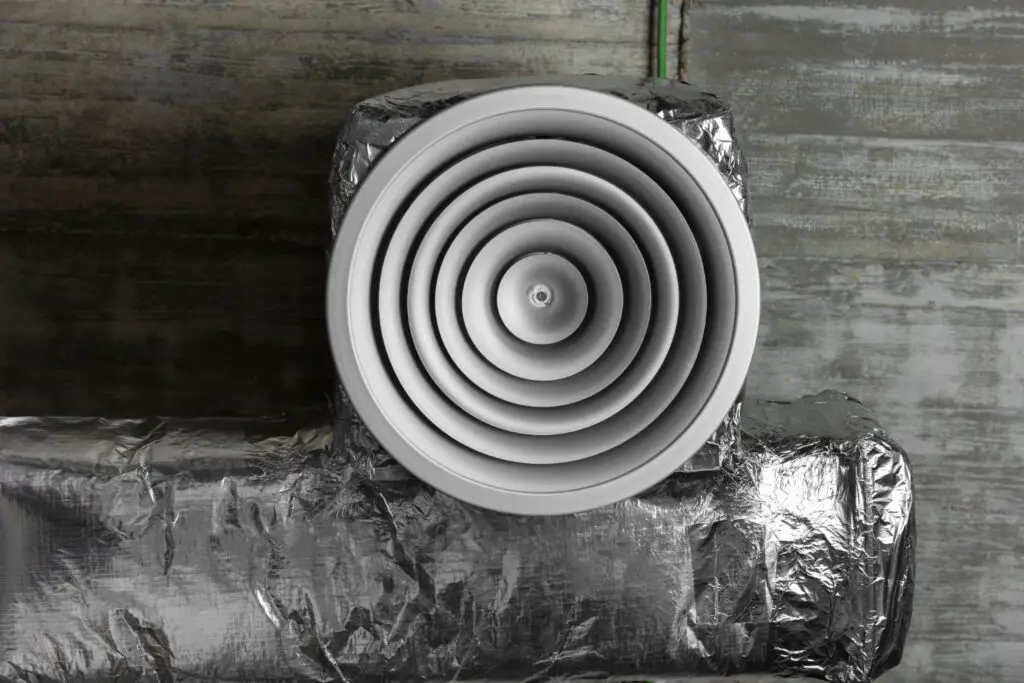
Bathrooms are naturally humid spaces, and that makes them ideal for odors to linger if proper ventilation is not in place. Whether it is the scent of cleaning products, mildew, or bodily functions, bad smells tend to stick around much longer in a bathroom with poor airflow. If you are not turning on your bathroom fan during and after showers, or if the fan is clogged and ineffective, the smells will accumulate and seep into other parts of your home. Make sure your fan works efficiently, clean it monthly, and consider cracking a window to allow fresh air to circulate. Proper ventilation makes a huge difference in keeping the air clean and odor-free.
10. Keeping Wet Items Indoors
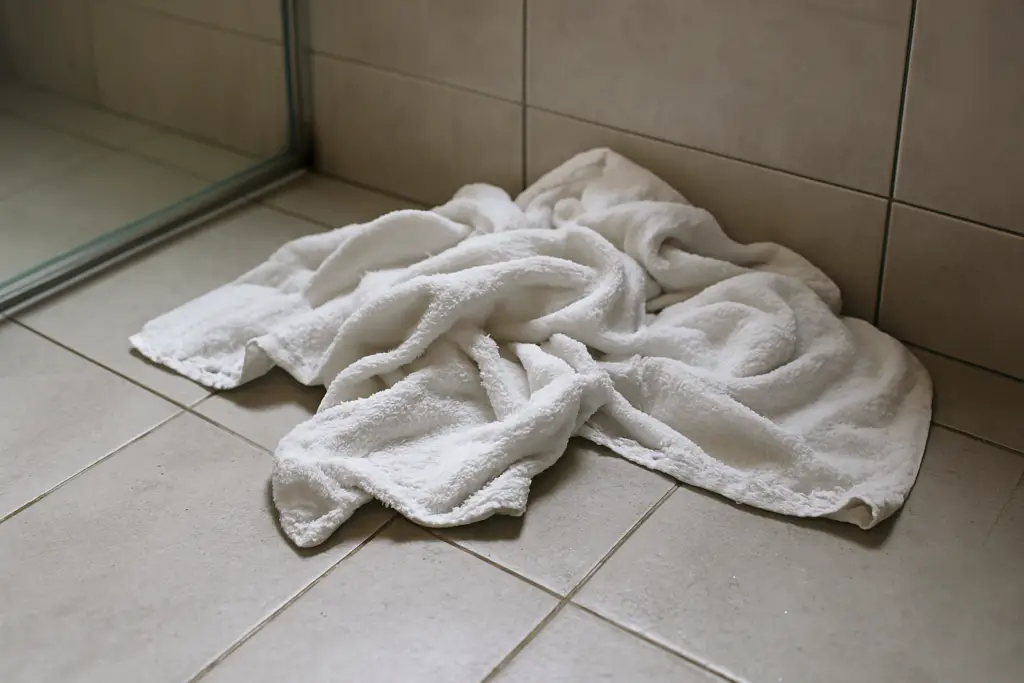
Wet towels on the bathroom floor, damp coats on a hook, and rain-soaked shoes by the door all have one thing in common—they breed mildew and that unmistakable musty smell. When moisture has nowhere to go, it starts to cling to fabrics and surfaces, creating the perfect environment for mold growth. To avoid this, always hang wet towels immediately, remove damp shoes from enclosed spaces, and dry umbrellas before storing them. Use a designated drying rack or mudroom area to air out these items and prevent the spread of odor throughout the house. Keeping things dry is one of the easiest and most effective ways to keep your home smelling fresh.
Final Thoughts

Creating a home that smells great is not about spraying more air fresheners or buying expensive gadgets—it is about changing the small daily habits that allow odors to take hold. Whether it is letting dishes sit too long, forgetting to take out the trash, or skipping deep cleans on carpets and furniture, these simple mistakes can quickly lead to a smelly environment. By stopping the 10 habits listed above, you can reclaim a fresher, cleaner-smelling home and enjoy a more pleasant space for yourself, your family, and your guests. With a little awareness and consistency, your house can smell as good as it looks—every single day.
Leave a Reply